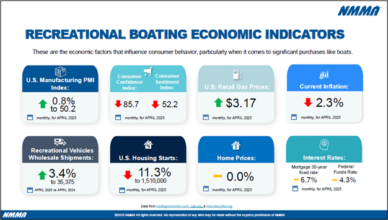Center for Sportfishing Policy reports on Modern Fish Act progress

On Dec. 31, 2018, President Donald Trump signed the Modernizing Recreational Fisheries Management Act of 2018 (Modern Fish Act), recognizing in federal law the differences between recreational and commercial fishing and adding more appropriate management tools for policymakers to use in managing federal recreational fisheries. One year later, how is the government doing in enforcing the law? Click here for the full report from the Center for Sportfishing Policy.
The Modern Fish Act is an important milestone for the millions of American families who take part in saltwater recreational fishing and boating, and the multi-billion-dollar industries supported by these activities. For years, antiquated, one-size-fits-all federal policies have been unnecessarily limiting the public’s access to our nation’s abundant natural marine resources by forcing recreational anglers into a management model designed for commercial fishing. The Modern Fish Act is the first-ever federal law aimed at addressing that problem.
The Modern Fish Act allows federal fisheries managers to use alternative management measures better suited for America’s 9.8 million saltwater anglers. The law also calls for more cooperation between federal and state partners to improve recreational harvest data collection to facilitate more accurate and timely management of federal fisheries.
But a law is only words on a page until it is put into action.
It has been one year since the Modern Fish Act became law. Some deadlines of the Act have come and gone. Visit the Center for Sportfishing Policy’s website to view a Modern Fish Act progress report which grades how the federal government is implementing the law in terms of timeliness, stakeholder input, and substance.




